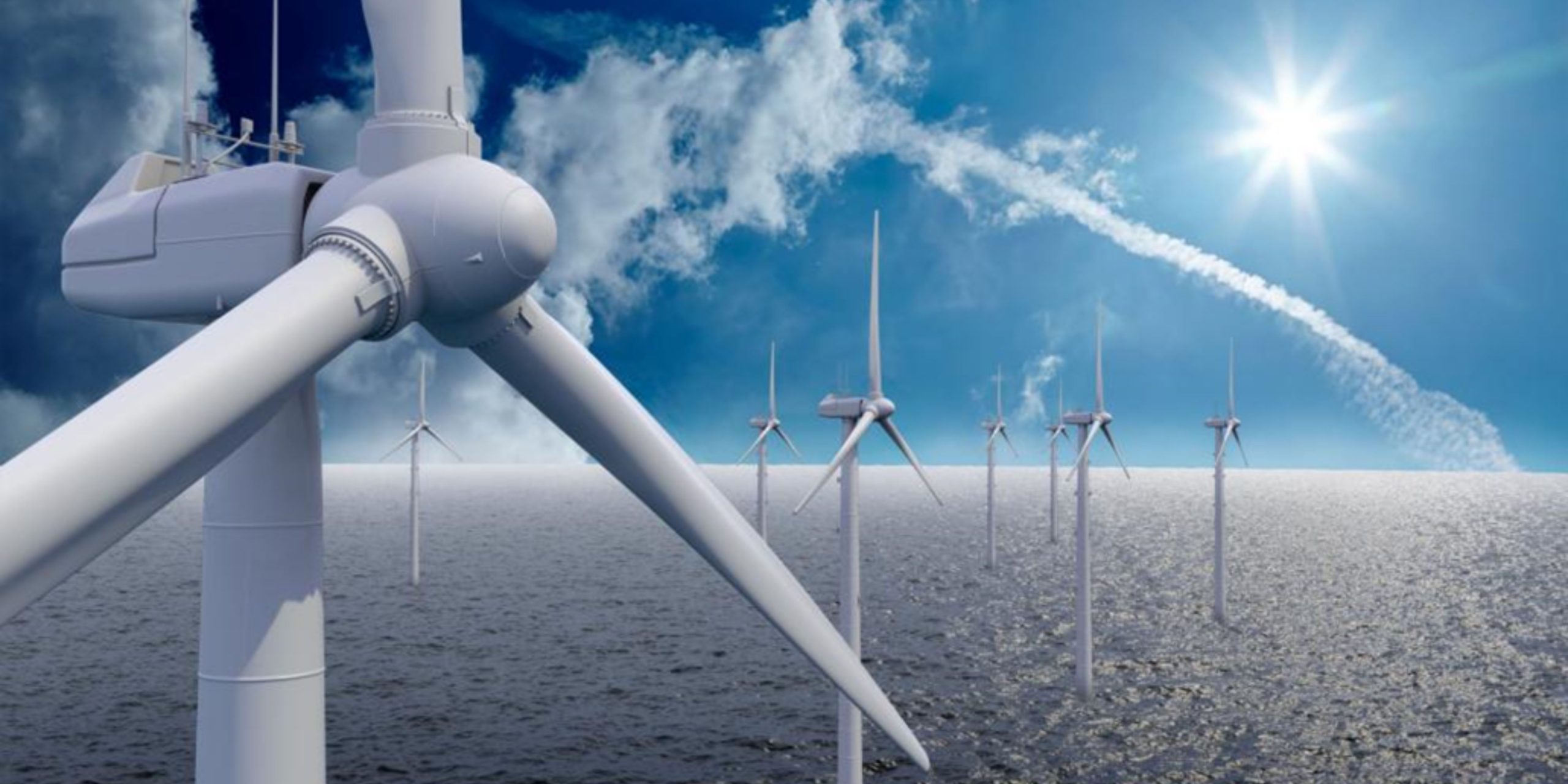Two projects have been selected under the 2021 CEF Energy call for preparatory studies for cross-border renewable energy projects. The funding for these projects amounts for around EUR 300.000 and will support pioneering actions representing diverse options of cross-border cooperation that the renewable sector offers.
The first project selected, promoted by Regionalwerk Chiemgau-rupertiwinkel, is the Eneregio SOBOS study, which will receive EUR 200.000 to investigate the feasibility of a supra-regional supply of district heating. The geographical scope of the study covers parts of southern Germany (Bavaria) and Austria (Upper Austria and Salzburg).
The aim is to analyse the potential and feasibility of a cross-border heating system that would be supplied by waste energy from local industry, geothermal and bioenergy plants. As a result of the Eneregio SOBOS study, a cross-border renewable energy project will be defined, relying on data collection of heat sources and sinks/heat demands in the industry and customer sectors.
If the expected potential is confirmed, the supra-regional district heating could lead to over 2 TWh of heat being supplied from sustainable sources. The transnational network of heat sources and heat sinks from different processes via a district heating transport system will tap into the geological potential for renewable energy deployment and enable the cross-border and year-round use of CO2-free heat for the supply for the entire districts, thus leading to the diversification of the heat supply, reduction of regional reliance from fossil fuels and ultimately of the dependence on energy imports from outside the EU.
The second project selected will be carried out by Eesti Energia, whose goal is to develop, build, and operate, together with partners, up to 2GW of cross-border offshore wind farms in the Gulf of Riga area located in Estonian and Latvian waters. The project will receive an EU grant of EUR 99.000 to conduct a study that will support the ongoing environmental impact assessment with technical data regarding turbines, foundations, connection cable lines, construction methodologies and other necessary data. Moreover, the study will update the cost estimate as well as operational expenditure estimate of the wind farm.
If the study’s outcome is positive and the project will be ultimately carried out, the hybrid offshore wind farms with a RES capacity of up to 2 GW and interconnecting Estonia and Latvia could start their commercial operations by 2030. This will significantly improve both countries’ security of energy supply.
European Commission I European Climate Infrastructure and Environment Executive Agency (https://bit.ly/3TJVWUv)
